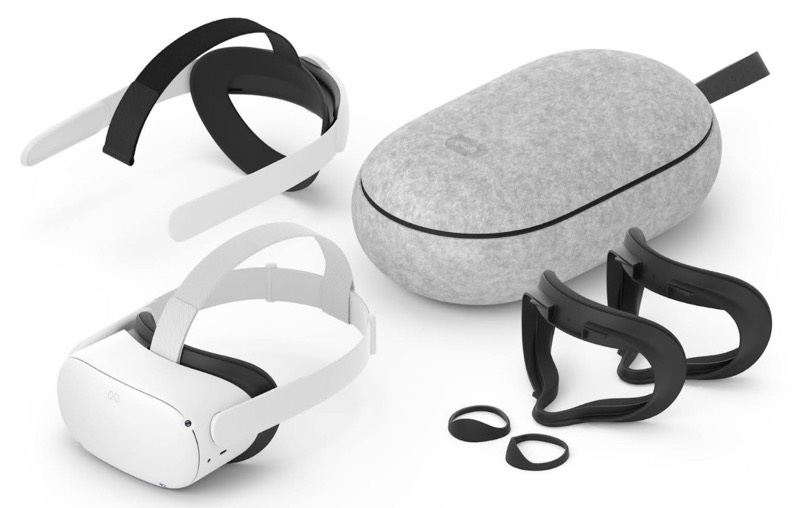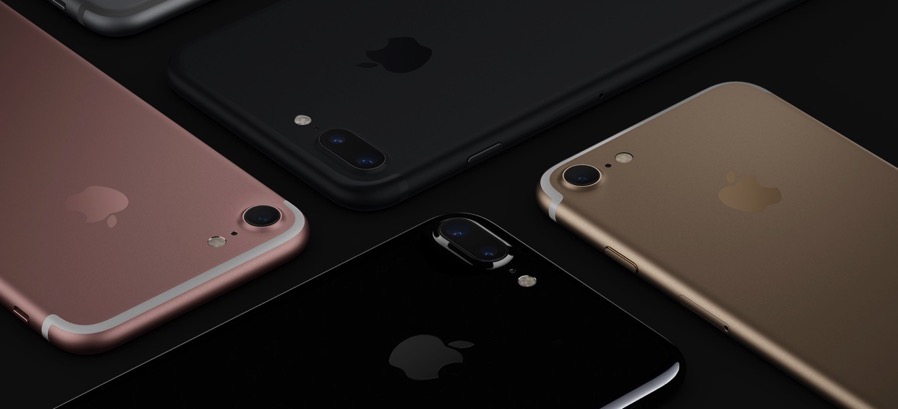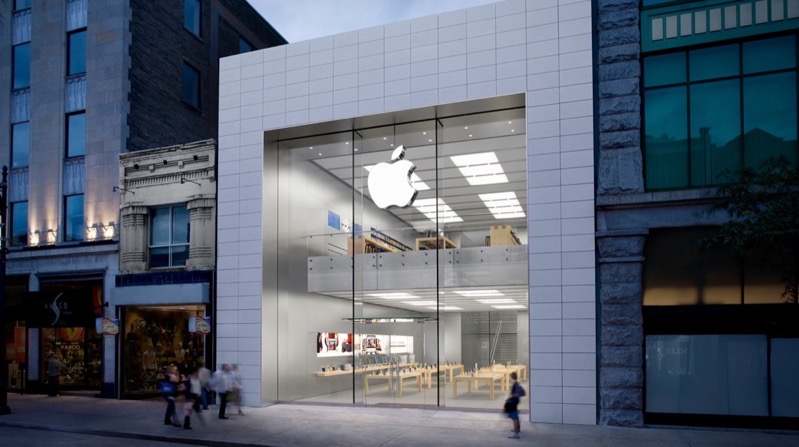
Apple is Throttling iPhone 7 Download Speeds on Models with Qualcomm Modem

In an effort to unify the experience for iPhone 7 users, Apple has been accused of throttling iPhone 7 download speeds on devices with Qualcomm’s modem.
According to a report released earlier today from Bloomberg, Apple’s choice of LTE modem suppliers for the new iPhone 7 series is believed to be the main cause for the issue. Specifically, the Intel modem featured in AT&T-compatible iPhone 7 units offers slower download speeds than the Qualcomm modem found in Verizon units.
A report from Recode confirms the speculations posted by Bloomberg, saying that Apple did this for a simple reason. The company reportedly wanted to save cost and maintain flexibility of having two chip sources.
While the Qualcomm modem in the iPhone 7 was just as good, if not slightly better than the models of the device with an Intel modem. In a statement, Apple told Bloomberg:
“Every iPhone 7 and iPhone 7 Plus meets or exceeds all of Apple’s wireless performance standards, quality metrics, and reliability testing.
In all of our rigorous lab tests based on wireless industry standards, in thousands of hours of real-world field testing, and in extensive carrier partner testing, the data shows there is no discernible difference in the wireless performance of any of the models.”
The question that has now been raised is: What would the performance of the iPhone 7 look like if the Qualcomm chip was used to its full potential? If we look at the performance of the same Qualcomm chip in the Samsung Galaxy S7, we can see that it is leaps and bounds beyond the iPhone 7.
This seems to be telling us that Apple was trying to level the playing field between both models. In a statement, Jackdaw Research analyst Jan Dawson told Recode:
“Apple chose to use different modems for leverage and redundancy, and carriers had no real say in that. So it would be a little unfair if Apple allowed, say, Verizon and Sprint to say that their iPhone performs better than AT&T and T-Mobile’s.
The reality is, of course, that every phone maker makes decisions about how to balance battery life and performance across a variety of components, and so you rarely see a phone that’s maxed out on all possible performance parameters because it would be terrible for battery life.”
Dawson said that device makers, like Apple, don’t always use components to their full potential. In this case, one reason could be due to energy consumption.

